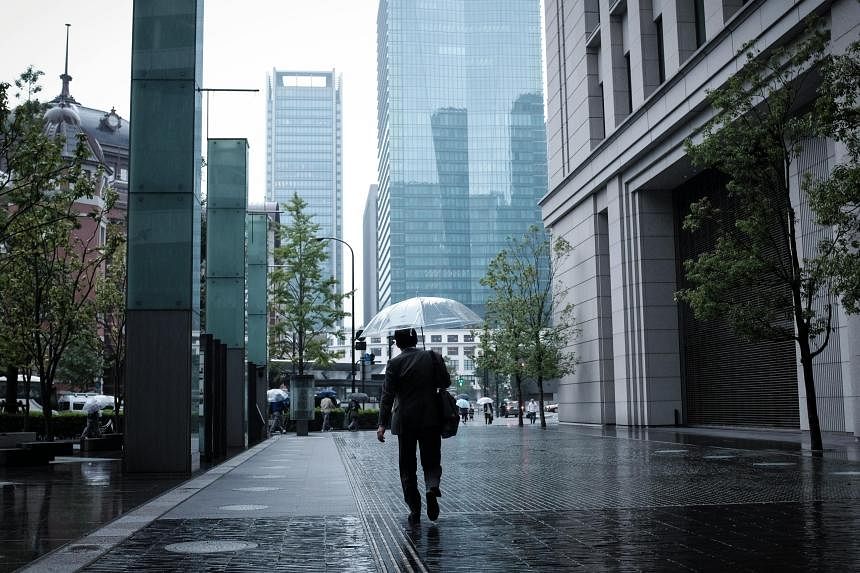Fukushima Michihito wanted to marry his girlfriend. But a decade ago he fell ill, had to stop working, and consequently broke up with her. “I thought: If I can’t support my family, I shouldn’t get married,” he recalls. He later realised that many Japanese men are similarly weighed down by pressure to fill the traditional male role. He now runs a “men’s hotline” in the city of Osaka, which encourages men to discuss their anxieties.
In Japan, relations between men and women are shifting as marriage rates decline and more women enter the workforce. But the idea that men are breadwinners remains deeply entrenched. In 2022, only 17 per cent of eligible men took parental leave, compared with 80 per cent of women. Japanese women spend five times longer doing chores than men. A survey in 2022 by Lean In Tokyo, an activist group, suggested that over 60 per cent of Japanese men feel awkward at work because of pressure to behave in a manly way. In Japan, which has the highest suicide rate in the G-7, men are twice as likely to kill themselves as women.
Already a subscriber? Log in
Read the full story and more at $9.90/month
Get exclusive reports and insights with more than 500 subscriber-only articles every month
ST One Digital
$9.90/month
No contract
ST app access on 1 mobile device
Unlock these benefits
All subscriber-only content on ST app and straitstimes.com
Easy access any time via ST app on 1 mobile device
E-paper with 2-week archive so you won't miss out on content that matters to you

